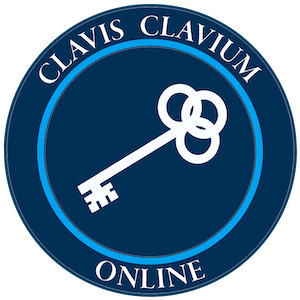Manuel II Palaeologus
Manuel II Paleologus
Biography
Son of John V Palaeologus and Helena Cantacuzene, Manuel II was born in 1350 and received a meticulous education. Governor of Thessalonica in 1369, hostage in Venice in 1370, rival of his older brother Andronic, temporarily vassal at the court of Bajazet I (Bayezid), he became emperor of Byzantium in 1391, which he defended by appealing first to the king of Hungary, then to the pope and the king of France. In 1399-1402, he went himself to Italy, France and England to ask for help against the Turks. After Tamerlane's victory over Bajazet at Ankara in 1402, he returned to Constantinople and skilfully manoeuvred a few years of tranquillity for the dying empire. In 1422, suffering from hemiplegia, he abdicated in favour of his son John and died on 21 July 1425.
A pupil of Demetrius Cydones, he was the heir to classical antiquity and Greek culture, while remaining deeply attached to the doctrine of the Orthodox Church. For instance, he is well known for the Byzantine polemic against Islam with his work written between 1391 and 1399, the 26 dialogues with a Turk (or "Interviews with a Muslim"), discussions he had had with a scholar when he was vassal at the court of the sultan. He also wrote a treatise on the seven ecumenical councils and a poem on how to convert unbelievers. In a long work of controversy, he rebutted Catholic doctrine on the procession of the Holy Spirit. In addition to numerous letters, sermons and prayers, he is the author of several writings on various subjects such as the nature of dreams, public speaking, marriage, free will, the Good, and a fictitious dialogue between Tamerlane and the defeated Bajazet.

| Birth date | (Constantinople) |
|---|---|
| Death date | (Constantinople) |
| Activity | Constantinople |
| Group of authors | Greece, Minor Asia (including Constantinople) |


